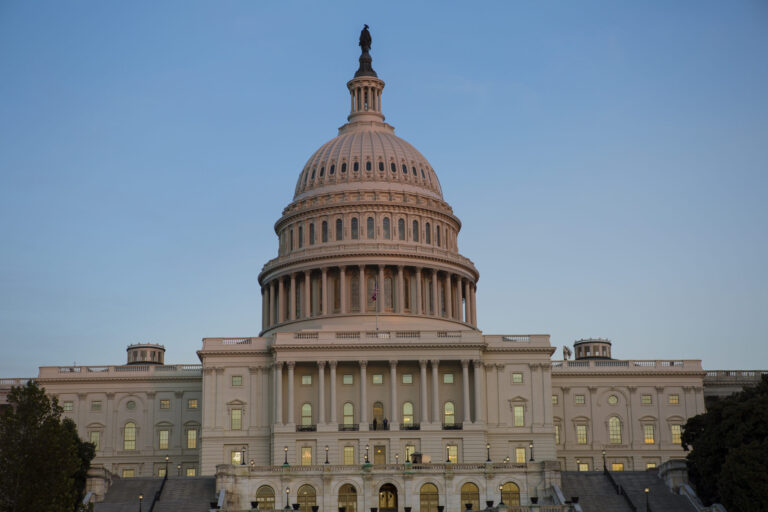There are more than 37,000 individuals applying for unemployment insurance (UI) benefits in the state. Yet for every one person applying, there are six available jobs.
Wisconsin’s Medicaid program—BadgerCare Plus—isn’t much better. Waste abounds with an improper payment rate of more than 20 percent.
Hardworking Wisconsin taxpayers deserve better than a welfare system that breeds chronic government dependence and frivolously spends benefits on individuals who don’t even qualify. And leaders in the Wisconsin Legislature agree.
Several bills introduced in the State Assembly are bringing a renewed focus on welfare integrity and the power of work to reduce dependency.
AB 148, introduced by Rep. William Penterman, takes aim at improving the state’s Medicaid program by instating biannual Medicaid redeterminations to remove ineligible individuals. AB 148 also preserves resources for the truly needy by removing those who commit Medicaid fraud by failing to report changes in eligibility factors from the program for six months.
Several other measures focus on the state’s unemployment insurance (UI) program and ensuring individuals take steps toward independence.
Right now, across the state. , introduced by Representative Alex Dallman, would reduce the maximum number of weeks individuals are eligible to receive UI benefits to 14, if the state’s unemployment rate is less than or equal to 3.5 percent. AB 153 also indexes benefits based on average unemployment rate. The higher the unemployment is the longer benefits will be available for claimants. Benefits are available for a maximum of 26 weeks.
To further enforce the role of work in the UI program, , introduced by Chairman of the Committee on Workforce Development and Economic Opportunities Committee Warren Petryk, would rename the unemployment insurance program as the “Reemployment Assistance Program,” and institutes a system of matching employer job openings with the skills of unemployed workers.
Additional safeguards are put in place by AB 149, introduced by Rep. Jon Plumer, to make sure UI claimants act on job interviews and job offers—as opposed to just applying for a job to fulfill work search requirements and then ghosting employers. And Rep. David Armstrong’s would employ a random audit of 50 percent of all work-search actions to further enforce work-related requirements.
AB 152, introduced by Rep. Jerry O’Connor, includes a number of reforms to improve the UI program’s efficiency and integrity by addressing everything from call center hours at the Department of Workforce Development to cross-checking available databases, such as death records, to ensure claimant eligibility.
Wisconsinites know that work brings home a paycheck—there is no such thing as free income
So, as a preventative measure, AB 146, introduced by Rep. Amy Binsfeld, would block Wisconsin cities from offering a universal basic income program.
Wisconsin voters overwhelmingly support work
Nearly 80 percent of Wisconsin voters directed the state legislature to require able-bodied, childless adults to look for work as a condition of welfare benefits on the state’s recent ballot initiative. And the reforms being pursued by the State Assembly are a clear indication that they plan to meet that demand.



